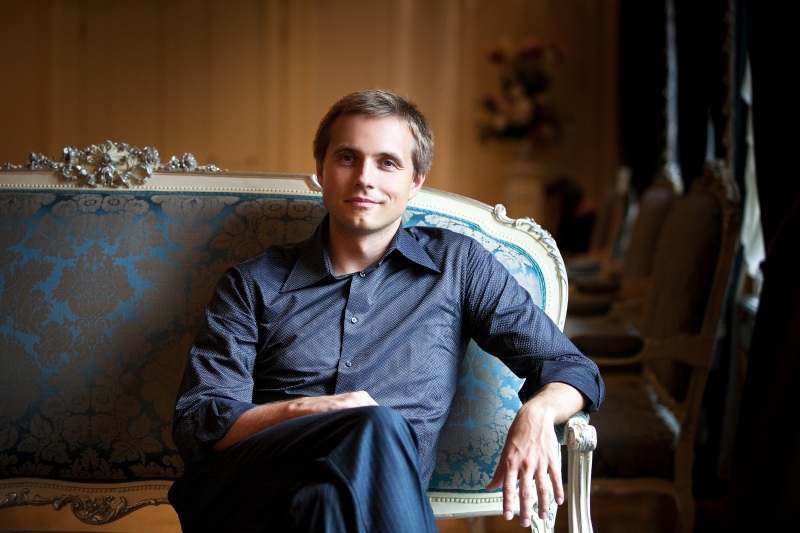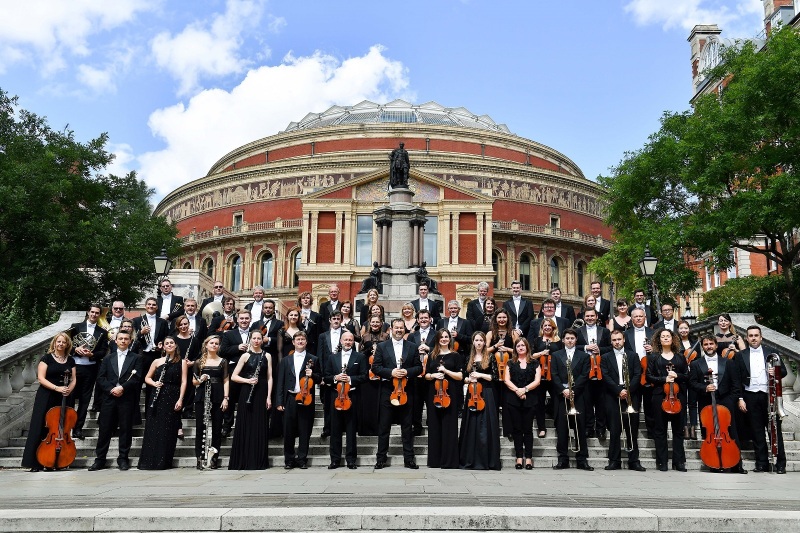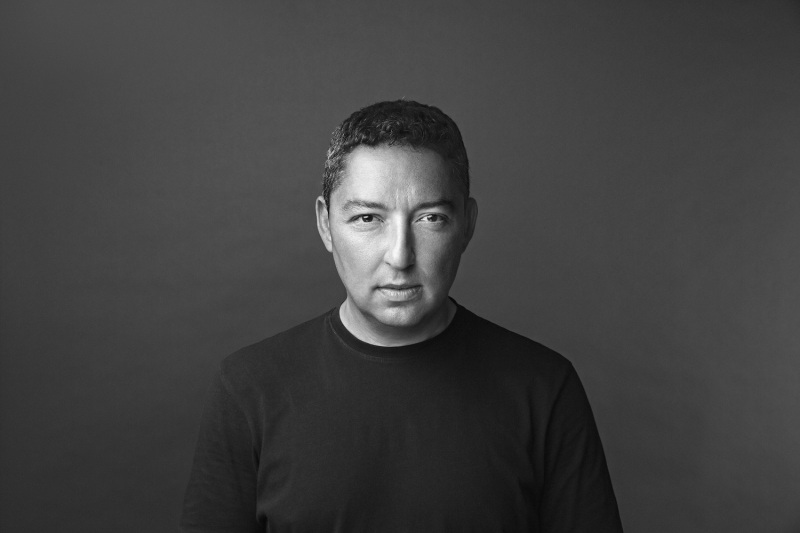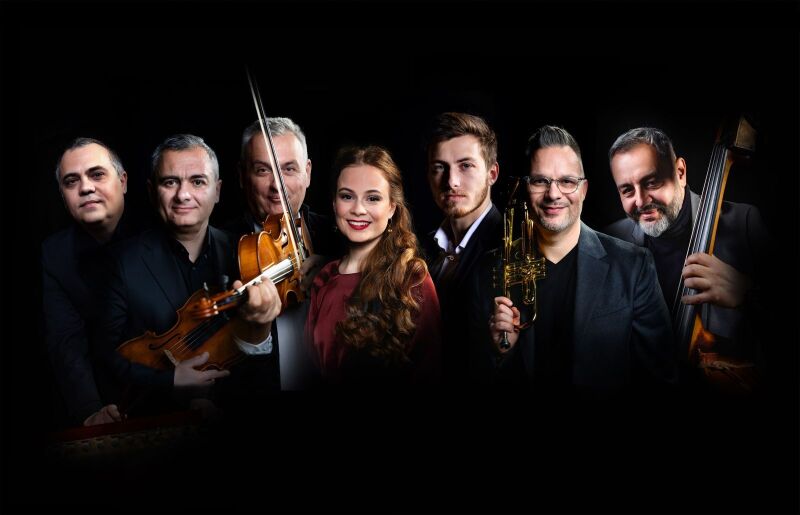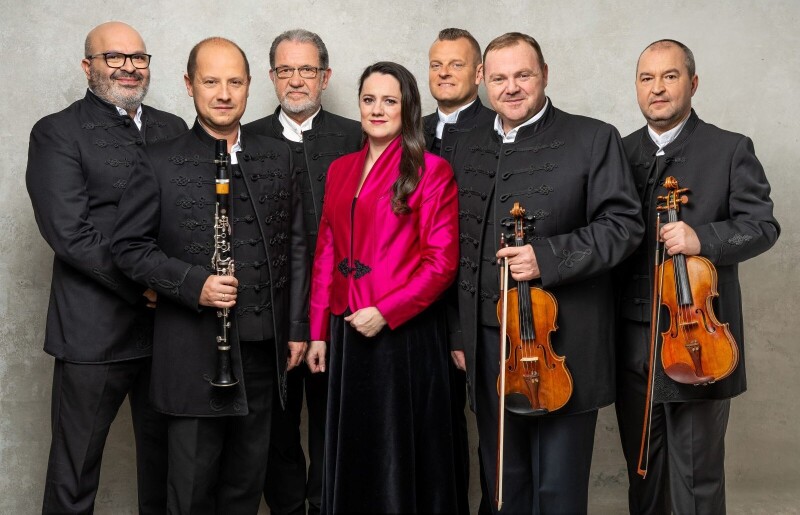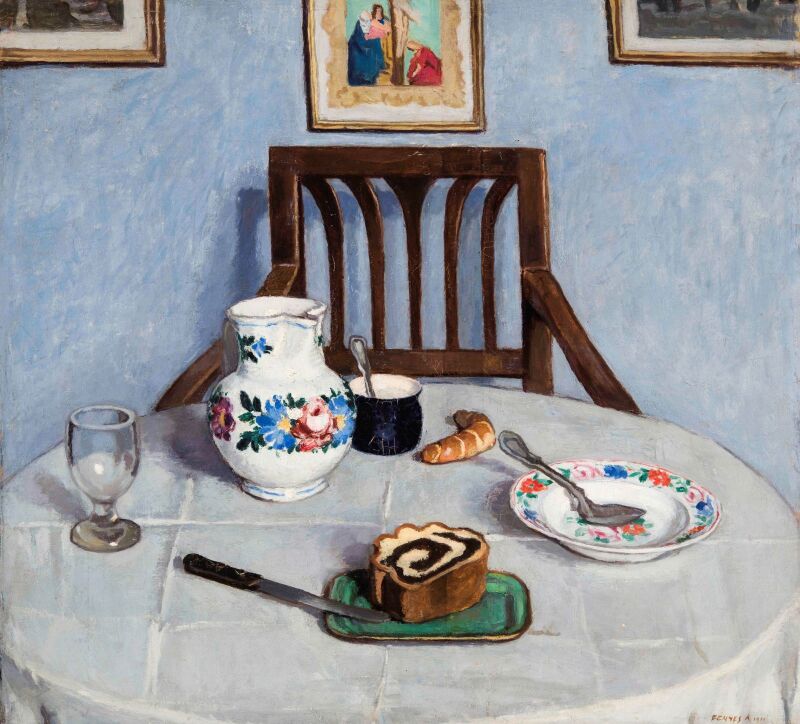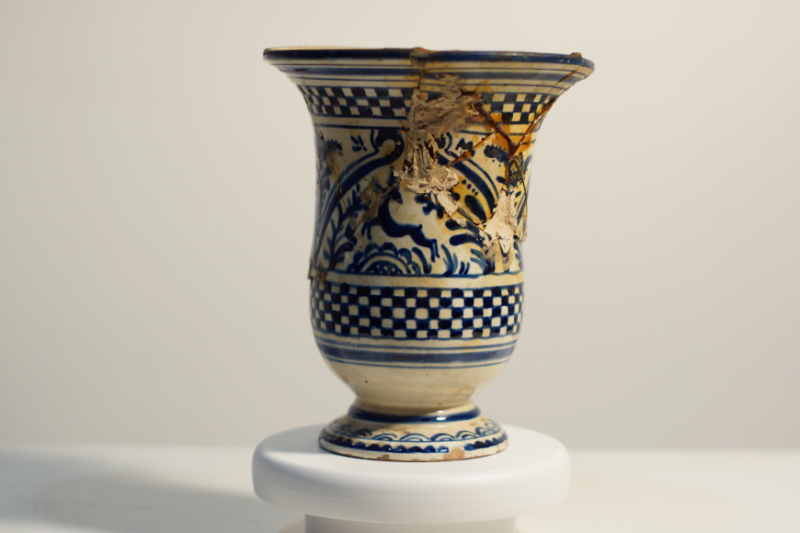Vasily Petrenko and the Royal Philharmonic Orchestra
11 October 2024 | 7.30 pm
Müpa Budapest — Béla Bartók National Concert Hall


#Orchestral concert
#Classical music
Dvořák:
Carnival Overture, Op. 92
Liszt:
Piano Concerto No. 2 in A major
Bartók:
Concerto for Orchestra
Featuring:
József Balog – piano, Royal Philharmonic Orchestra
Conductor:
Vasily Petrenko
After standing at the helm of the Liverpool Philharmonic for fifteen years, Vasili Petrenko took over as Music Director of the Royal Philharmonic Orchestra (RPO) in 2021. Founded in 1946, the renowned ensemble is one of the most active symphony orchestras, performing nearly 200 concerts a year and bringing music of the highest quality to more than 60 million people through live broadcasts.
A regular guest of the world’s most famous orchestras, in 2017 the Russian-born conductor was named Artist of the Year at the prestigious Gramophone Classical Music Awards. Petrenko is a versatile musician, who is equally at home in opera and the symphonic repertoire. He has made several critically acclaimed recordings of works by Mahler, Rachmaninoff, Richard Strauss, Shostakovich, Elgar and Prokofiev. His 2008 recording with the Liverpool Philharmonic of two piano concertos by Liszt, as well of the Danse Macabre, was praised by reviewers as the acme of Liszt interpretation, and one was convinced that ‘Petrenko is one of the most important conductors of his generations.’ The soloist of the evening, József Balog, is a true Liszt specialist, whose recording of the Transcendental Études won the Grand Prix of the Liszt Ferenc Society in 2016.
#Orchestral concert
#Classical music
Recommendations
17. 10. 2025
Esszencia | István Szalonna Pál and his Band
Esszencia have been enchanting audiences for a decade with original, virtuosic tunes that fuse classical and folk music and leave ample room for improvisation. István Szalonna Pál and his Band are among the most committed and trustworthy interpreters...
More info
10. 10. 2025
Pictures of Tranquillity
Active for over four decades, during which time his style changed from realist through impressionist to post-impressionist, Adolf Fényes was held in especially high regard by those Hungarian artists at the turn of the 19th and 20th centuries who were...
More info


